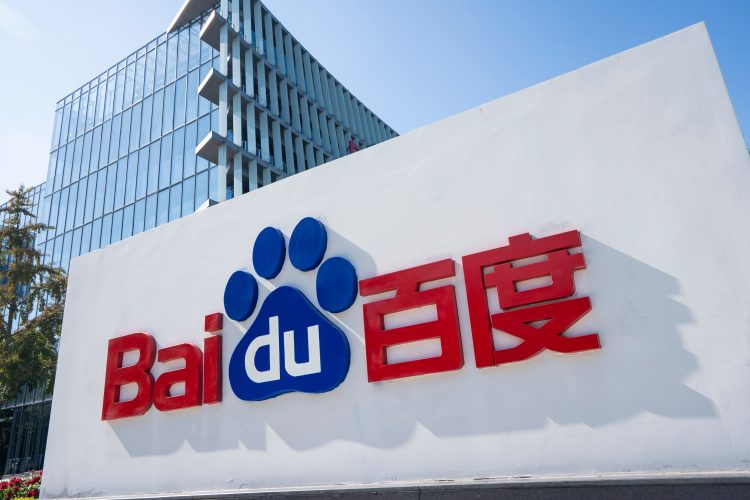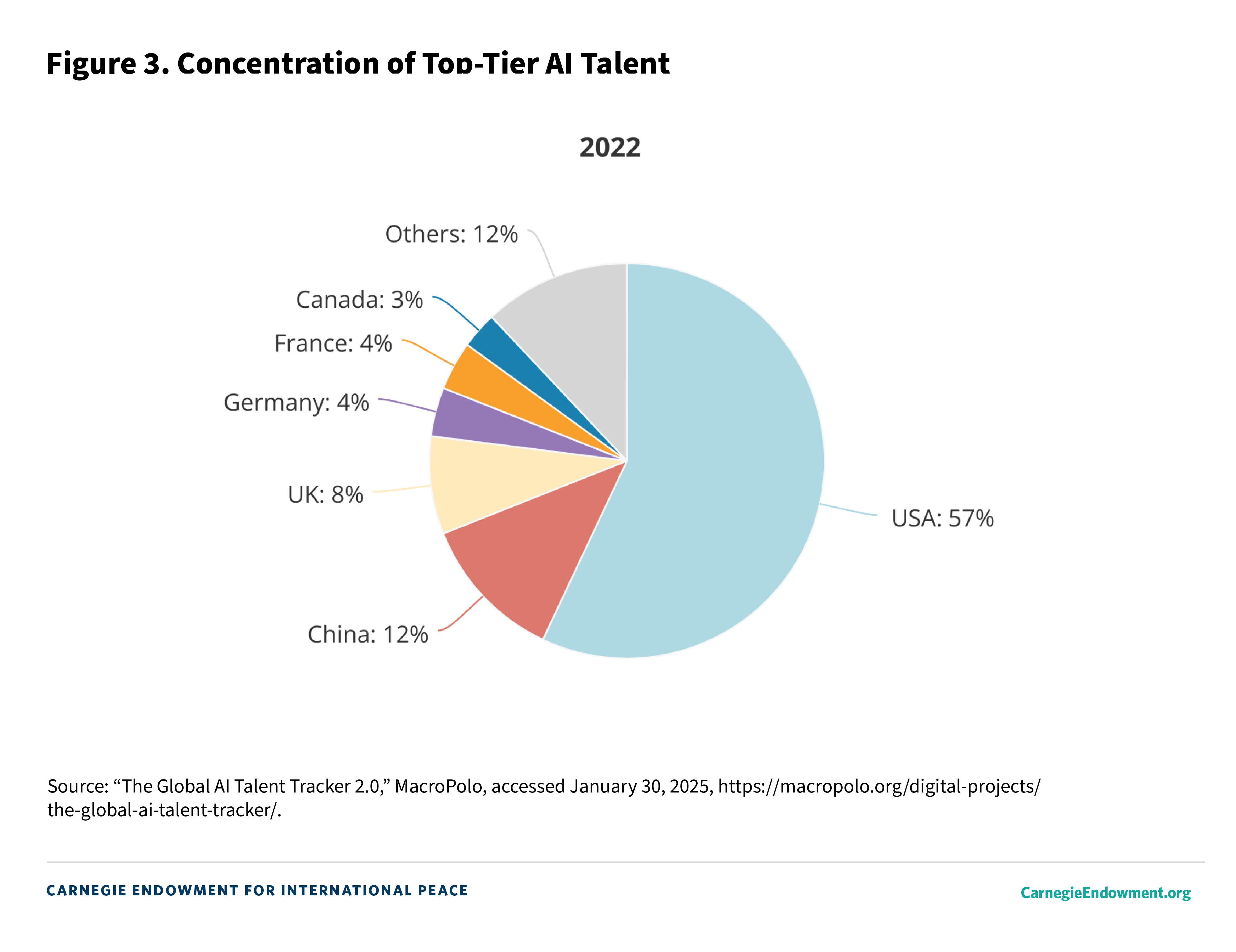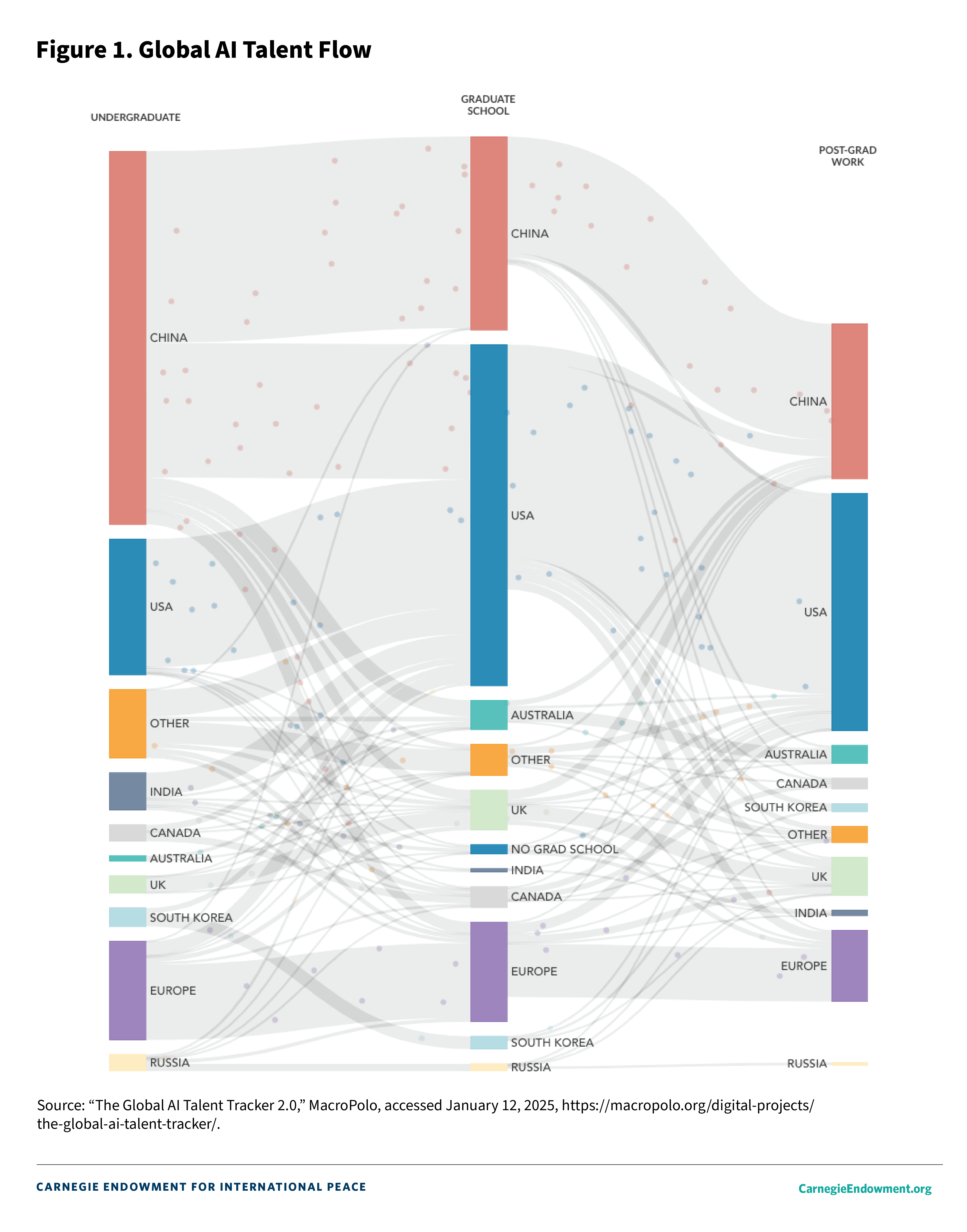Baidu's AI Talent Play: Monopolizing China's Future in Artificial Intelligence
In the realm of China's AI industry, a severe talent crisis is unfolding, evidenced by a 0.27 supply-demand ratio for cloud computing specialists. This ratio implies four job openings for every qualified candidate, highlighting the extent of the issue. Further exacerbating the situation is McKinsey's forecast of a 4 million AI talent shortfall by 2030, presenting a structural challenge for most companies except those with robust talent pipelines and deep pockets.
Amidst this backdrop, Baidu has taken significant strides to solidify its position in AI-driven industries through intensified recruitment efforts, academic partnerships, and vocational training programs. This strategic move aims to establish dominance in a sector where owning the talent equates to owning the game.

The Growing Talent Shortage in China's AI Sector
The talent scarcity in China's AI industry has significantly worsened, with Liepin's Talent Shortage Index (TSI) spiking to 3.24 in early 2025, marking a tripling of severity since 2023. Engineers specializing in search algorithms face a daunting 9:1 job-to-candidate ratio, while specialists in recommendation algorithms contend with a 7:1 competition ratio. These shortages are not transient challenges but rather systemic issues stemming from rapid industry expansion and inadequate educational infrastructure.
Baidu's Strategic Approach
Baidu's approach to addressing the talent crisis revolves around a three-pronged strategy:
- Aggressive Hiring & Internship Programs:
- Baidu aims to transition 21,000 AI-focused internships into full-time positions over three years, with a focus on roles such as LLM engineers, autonomous driving specialists, and machine learning experts.
- 87% of Baidu's summer 2024 internships were AI-centric, directly contributing to core projects like the Wenxin Yiyang LLM and Apollo autonomous driving platform.
- Vocational Upskilling for Broad Adoption:
The talent shortage not only poses a challenge but also serves as a strategic advantage or "moat." Companies lacking skilled AI professionals risk falling behind, whereas Baidu's proactive investments in training programs and academic collaborations position it for:
- Technological Leadership: Baidu's early lead in talent acquisition translates to accelerated innovation, as seen in the Apollo platform's training of 1 million autonomous driving specialists, a unique workforce unmatched by competitors.
- Market Share Capture: In sectors like cloud computing and AI chips, scarce talent emerges as a critical factor impeding competitors. Baidu's preemptive measures ensure it can outperform rivals in scaling products such as the Kunlun AI chips.

While Baidu's stock performance may have lagged behind broader tech indices recently, its strategic positioning remains unparalleled. With over 31% of AI job postings offering salaries exceeding $70,000 annually, Baidu's upfront investments in talent development serve as a lucrative bet on future profitability.
Investing in Baidu: The Pros and Cons
Buy Baidu if:
- You anticipate significant growth in China's AI sector, projected to reach an $83 billion industry by 2025.
- You view talent scarcity as a persistent barrier to entry rather than a temporary hurdle.
- You trust Baidu's capacity to translate training initiatives into commercial offerings, such as LLM solutions for enterprise clients.

Avoid Baidu if:
- You harbor doubts about China's ability to bridge its talent gap despite ongoing efforts.
- You prioritize short-term earnings over long-term research and development endeavors.
Ultimately, in the landscape of AI, talent stands out as the most coveted resource. Baidu's strategic maneuvers to monopolize talent pipelines, forge academia partnerships, and enhance the skills of existing workers position it as a frontrunner poised to dominate sectors like cloud computing, autonomous driving, and enterprise LLM solutions. The 0.27 supply-demand imbalance is not merely a problem but rather a widening moat for the company.

For investors, Baidu represents a strategic play on China's AI future. With its early lead in talent acquisition and research, Baidu emerges not just as a stock but as a testament to who will define the forthcoming era of innovation.
Final thought: In a realm witnessing expanding talent gaps, organizations vested in talent acquisition will inevitably claim market dominance.




















